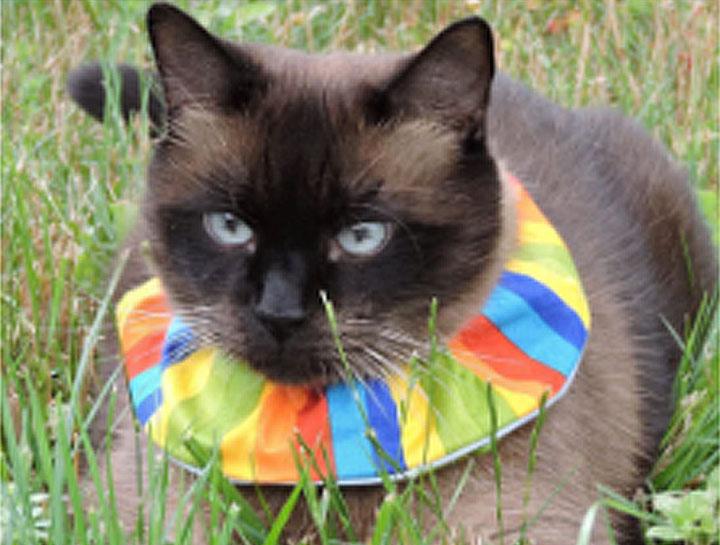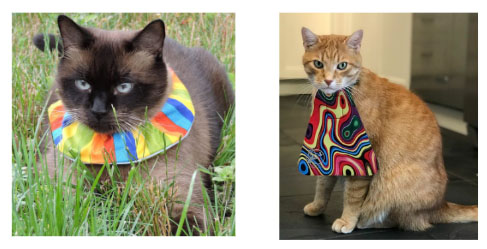Help Your Cat Stay Safe from Bird Flu

Humans are not the only species to experience “Flu season”. Birds are one of the species most commonly affected by influenza, but “bird flu” can often jump to other, non-feathered species.
Currently there is a new strain of highly-pathogenic avian influenza (HPAI) that has made its way to the US. Fortunately, the number of cases in humans has been relatively low and the majority of those cases have not been severe. But while the risk to human health has so far been relatively mild, this has not been the case for cats, who seem to be particularly susceptible to this strain of “bird flu”.
Symptoms in cats can vary and may include respiratory disease, neurologic problems, and even death. Cats can be exposed to influenza in various ways, but the confirmed cases from this outbreak in both pets and “big cats” have come from food, primarily raw foods (including freeze-dried raw diets and raw milk) and predation (hunting of wild birds).
Cats can also transmit this virus through their own saliva, feces, milk, and other bodily secretions, although there has not been a known case of cat-to-cat transmission in this way. There have also been no documented cases of cats transmitting this disease to humans.
So what should you do with this information to keep your kitty safe?
Manage or eliminate any risk factors that you can.
- Stop feeding raw food or unpasteurized milk. o If that is not an option, cook the food before feeding it.
- Keep your cat indoors to prevent hunting.
- If you can’t keep your cat inside, use a collar such as the ones shown below from BirdsBeSafe.com or CatGoods.com that would make it harder for your cat to hunt birds.

Monitor your cat for symptoms that may indicate influenza infection.
Respiratory symptoms:
- Difficulty breathing
- Coughing
- Lethargy
- Decreased appetite, etc.
Neurologic symptoms:
- Circling
- Confusion
- Tremors
- Seizure
If you see any of these symptoms in your cat, especially if they have potential exposure to influenza risk factors (like raw food or hunting), please contact us immediately for instructions.
